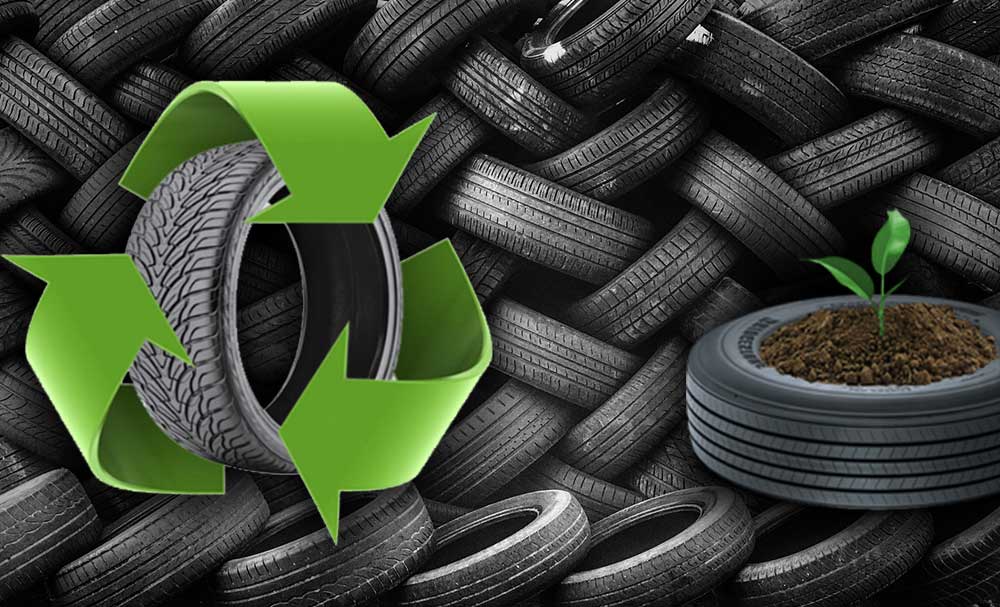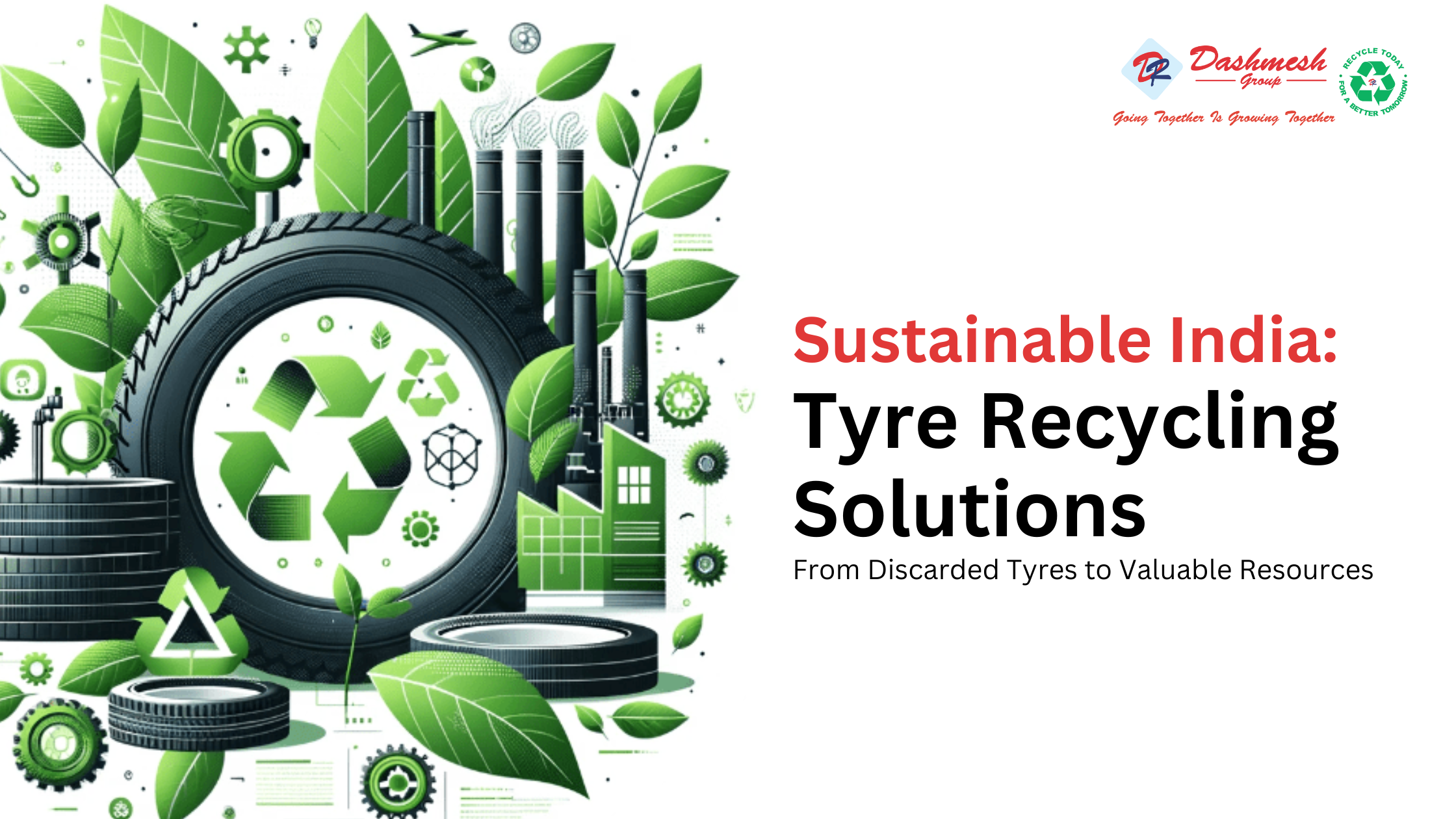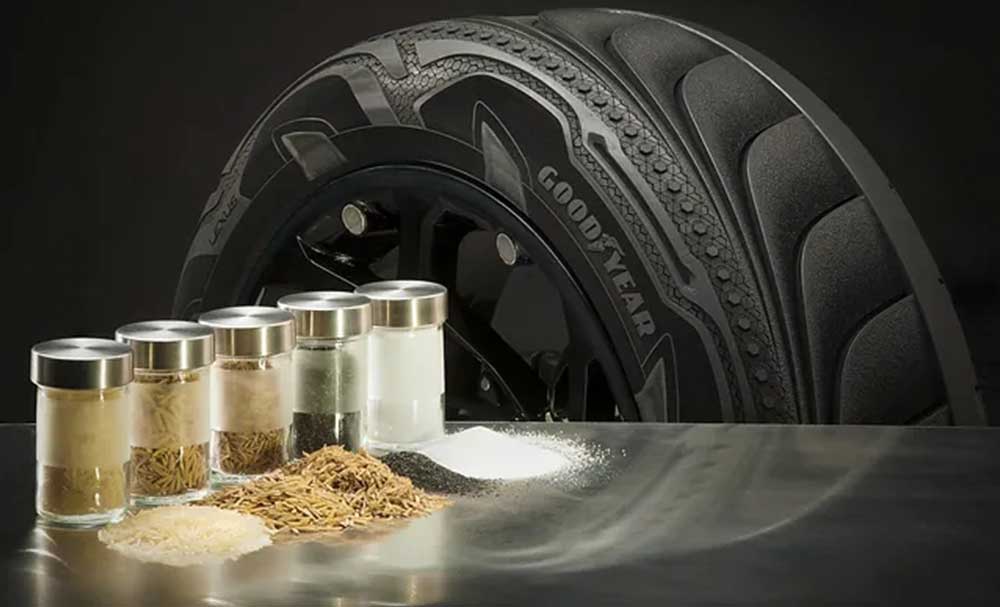Rubber Shredder Machines: Enhancing Sustainability in Waste Management
What is Rubber Waste?
Discarded rubber products form a vast category called rubber waste. This includes used tires, rubber scraps, mats, and various industrial residues. Rubber waste falls into two main types:
Natural Rubber Waste: Derived from latex, this includes gloves, balloons, and some footwear.
Synthetic Rubber Waste: Made from petroleum products, it features in tires, hoses, and weather-resistant products.
Environmental Impact:
Unprocessed rubber waste takes centuries to decompose, leaching harmful substances into soil and water. It also occupies valuable landfill space, straining waste management systems.
Economic Value:
However, rubber waste holds economic potential. Processing it can recover materials and energy, converting waste into valuable commodities like rubber crumbs for various applications.
The Role of Shredder Machines:
Shredder machines are vital for managing bulky rubber waste. They play a key role in:
Size and Volume Reduction: They break down waste into smaller, manageable pieces, easing handling and reducing transportation costs.
Facilitating Recycling: Smaller waste is easier and cheaper to recycle. Shredding also simplifies separation from other materials, promoting a circular economy.
Environmental Benefits: Smaller pieces take up less landfill space, allowing for responsible disposal and reduced environmental impact.
Features of an Effective Rubber Shredder Machine:
Energy Efficiency: Minimizing energy consumption aligns with sustainability goals and reduces operational costs.
Versatility and Adaptability: The machine should handle diverse rubber waste types, from tires to scraps and consumer goods.
Safety Features: Emergency stop buttons, anti-jamming functions, and noise reduction systems ensure operator and environmental safety.
Ease of Maintenance: A design facilitating cleaning, servicing, and parts replacement extends operational life and efficiency.
Real-World Applications:
Shredded rubber finds use in various scenarios:
Road Construction and Pavements: It enhances road longevity and resilience, proving economical in the long run.
Sports Surfaces and Playgrounds: New-age athletic tracks and playgrounds often utilize recycled rubber surfaces, highlighting the importance of shredders.
Energy Generation: Shredded rubber can be an alternative fuel in industrial settings, offering high-temperature burning and substantial energy generation.
Agriculture: It acts as an excellent water-conserving mulch, resisting pests and reducing water evaporation, leading to better crop yields.
Take Action for a Greener Future:
Contact EnvCure today for a free consultation and pricing estimate. Explore our website to learn more about our shredders and become part of this green revolution. Let's make the Earth a better place, one shred at a time!
This rephrased content maintains the information and structure of the original, while using concise language and highlighting key points.


 +91-9624449993
+91-9624449993




